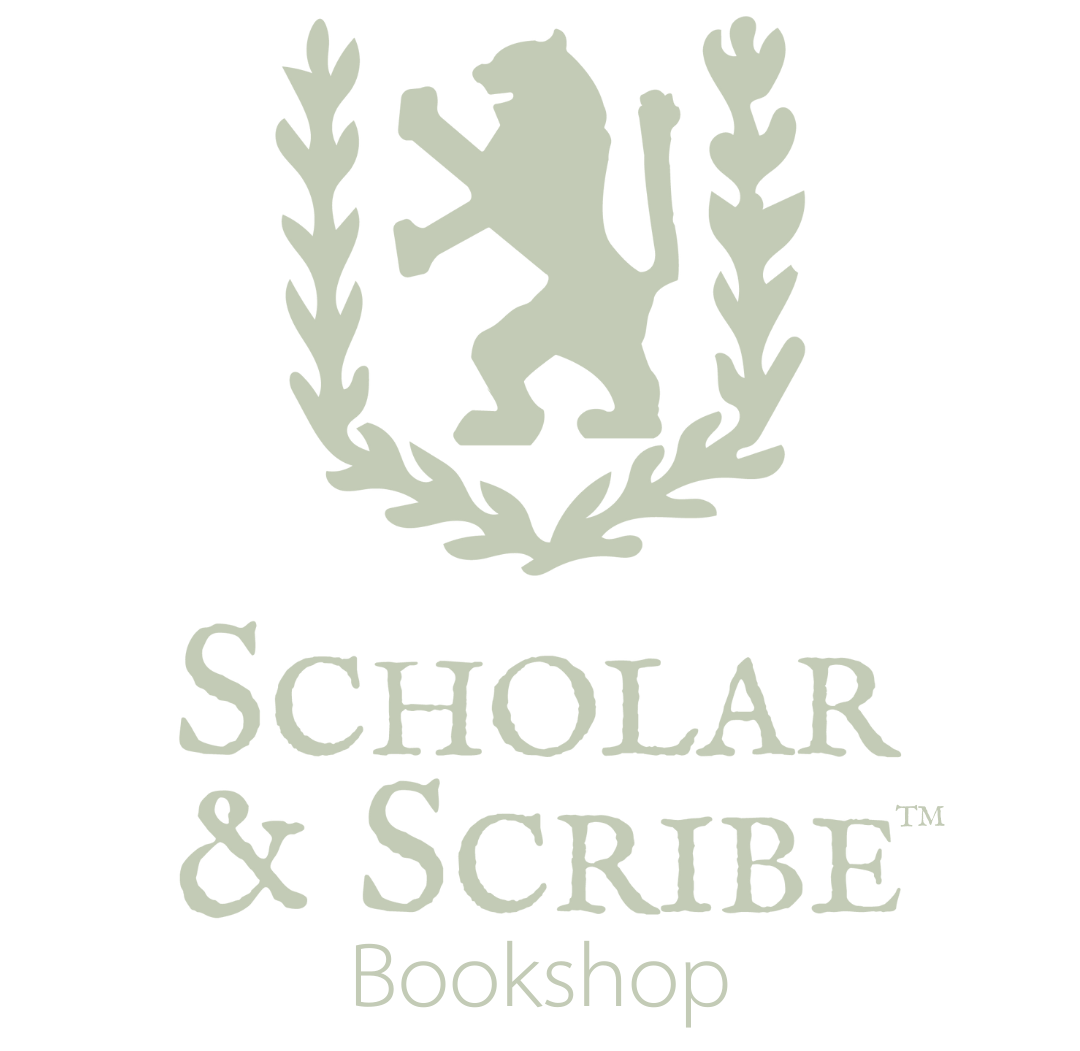
- This event has passed.
Scholar Talk: Sydney Kale
April 10, 2025 @ 6:30 pm – 7:30 pm

Dive into the world of knowledge and curiosity with Scholar Talks, a new series at Scholar & Scribe Bookshop. Each event features a thought-provoking presentation by an expert, sparking engaging conversations on topics that matter. This month please join us for a discussion led by Sydney Kale, a PhD student at Ubiquity University. With her academic focus in plant intelligence and phenomenology (the study of how things in the world appear to us and the lived experiences of individuals), Sydney will guide us to a deeper understanding of our enchanted world of plants and our relationship to (and with!) them. Through a general overview, Sydney will illuminate what it means to exist in this enchanted world we share with plants.
From spending time outdoors hiking and camping to building fairy gardens in her back yard, Sydney Kale is a subject matter expert with a deep understanding of the interconnectedness of our ecology, society, and selves. By attending this event, you will:
- Enjoy the cozy charm of our bookshop while engaging with fresh ideas.
- Leave inspired and better informed about this interesting topic.
- Gain an understanding of what it means to exist in the world in a collaborative and connected way.
- Connect with a community of lifelong learners and literary enthusiasts.
Here are a few books that Sydney recommends if you want to learn more before the discussion. These are available to order in-store and online via our partnership with Bookshop.org. Please make sure Scholar & Scribe is selected as your bookshop or use the links below!
About the Scholar
Sydney Kale is from Asheville, NC. She recently published my first book, The Love Language of Plants: Stories of Becoming Written by a Human and Her Plants. The book is a collection of essays written from the perspective of a human-plant relationship. With growing appeal in houseplants, gardening, herbalism, and plant intelligence studies, her book allows plant voices to emerge through writing, supplemented with her personal relationships and encounters with plants as plants first, before as a food or medicine.
